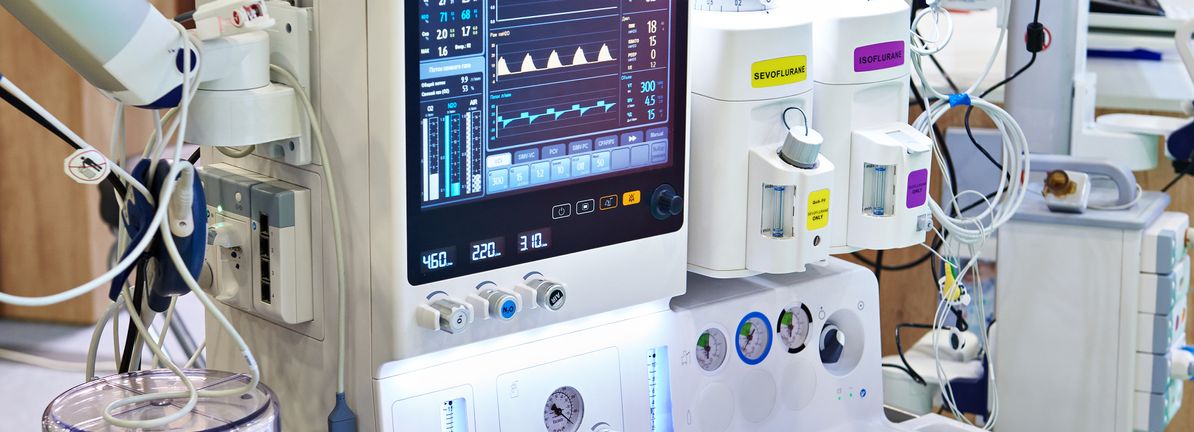Research exploring key barriers to preventative care and examining how workplace culture influences health behaviours, reveals that only 37% of employees believe that their workplace supports them to engage in activities to maintain their health and prevent future diseases.
And while 83% believe small health actions now can prevent bigger health issues later, many struggle to turn intention into action. Such measures, which include regular exercise, health checkups and screening tests, all contribute to a healthier lifestyle.
Highlighting the need to rethink how workplace wellbeing is promoted, these findings come from Vhi’s latest ‘Workplace Health Insights’ survey, the research shows that while employees in Ireland are aware of the benefits of preventative health, 28% report no participation, or only minimal engagement in lifestyle measures that help maintain health and prevent disease.
Additional findings include: 66% say preventative health activities are often not accessible or convenient enough; 54% say cost is a barrier to participating in health activities; 45% report a lack of time as a key obstacle to managing their health effectively; 20% experience high stress levels, and 56% fear future health problems if their stress continues.
The research underscores the importance of integrating preventative health into everyday work life, not only for better health outcomes, but also for enhanced wellbeing and productivity. However, this is far from standard practice. One-third of employees express concern about engaging in workplace wellness activities during work hours, due to fears of being perceived as less dedicated.
Preventative health in the workplace
At Vhi’s Workplace Health Insights webinar on 4th November, experts explored the workplace microcultures that impact employee wellness, the role of digital tools in both supporting and hindering wellbeing, and the practical ways employers can foster a culture of wellness.
Speaking at the event, Dr Ui May Tan, Clinical Lead for Preventative Health, Vhi, said that preventative health ‘isn’t a luxury or a reward – it’s an essential part of keeping people well, productive and happy’. She stated that employers have an ‘opportunity and a responsibility’ to lead by example and help normalise healthy habits as part of the working day.









